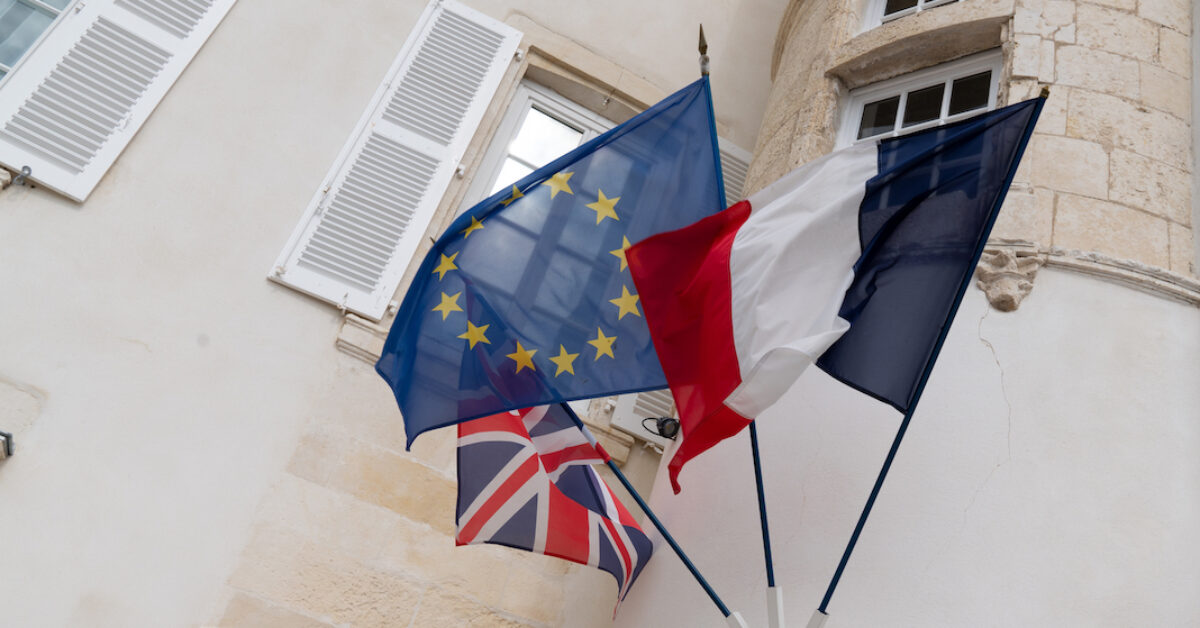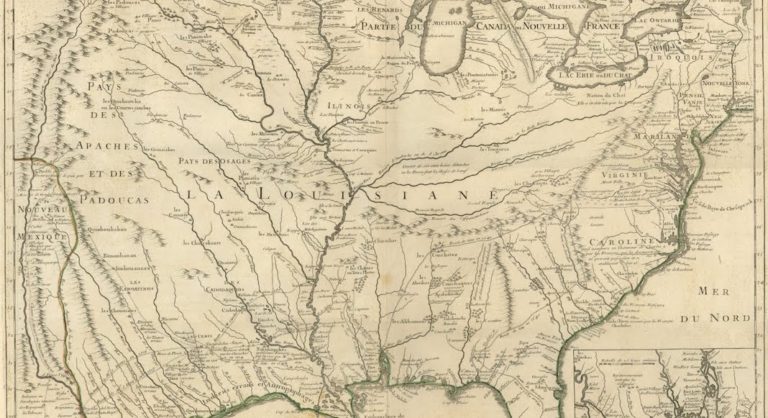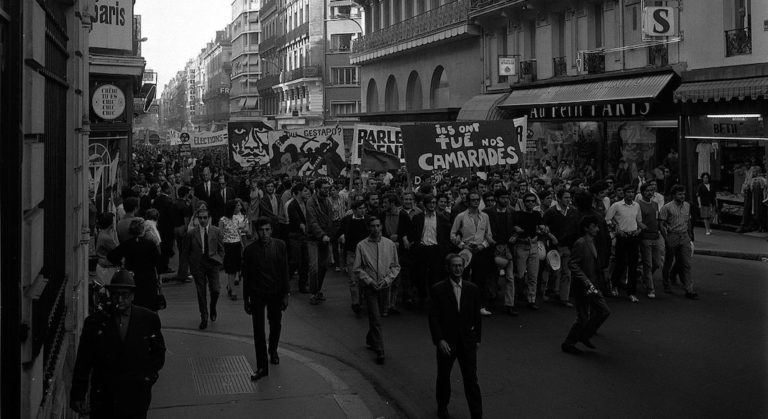It’s another record year for the Consulate General in London. In 2019, 40,610 identity and travel documents were issued, an increase of almost 10% over the previous year. “This is a level never reached before,” confirmed Consul Guillaume Bazard. “Since 2016, and the referendum on the exit of the United Kingdom from the European Union, we have recorded a total increase of 25%.”
70% of applications for French nationality are British
It is indeed Brexit which, in three years, has turned the activity of the consulate upside down. At the civil registry, 7,340 documents were registered in 2019, an increase of more than 26% compared to 2018. “Since June 23, 2016, more and more French people have come and kept coming to have their marriage and birth certificates registered,” Bazard said. “In 2016, we registered more than 7,200 certificates and we never thought we would reach that level again. But here we are.” Similarly, the effect of the imminent exit, mixed with the uncertainty of recent months, has led 564 Britons to apply for French nationality (acquired through marriage) in 2019 alone (up +3.85%). “Before the referendum, only about 100 cases were being dealt with, of which 5 to 10% were British. Today, they represent 70% of the applications.”
French community remains stable despite Brexit
The figures in the register of French people abroad show that Brexit has not really had an impact on departures. Proof of this is that the French community has remained stable and has even recorded an increase, albeit relative, of almost 1% compared to 2018. “There are now 147,548 French people in the United Kingdom in 2019 compared to 146,215 the previous year,” said the Consul General in London. Between 1990 and 2019, the number of French people on British soil increased: from 36,000 in 1990 to 74,000 in 2000, then from almost 114,000 in 2010 to about 150,000 today. “So there has been no mass exodus, even though we know that the number of French people on the register is not the real number of French residents. But we can really say that there are no concrete signs of departures.”
Nearly 105,000 French people have obtained their pre-settled or settled status, and no applications have been rejected.
These figures are reassuring and should motivate nationals who wish to stay after Brexit to ask for their pre-settled or settled status. “European citizens in general will have until June 30, 2021 to apply for pre-settled or settled status,” Bazard reminded. According to the latest figures from the Home Office, 104,300 French citizens have already applied for and obtained their status, a significant increase since May 2019 when only 20,300 citizens had registered. “We noticed that the over-65s represent only 6% of French applications,” noted the Consul General in London.
That’s where the problem lies. “We must succeed in reaching them more through awareness-raising activities,” he admitted. This is why the consulate is planning to send a dedicated e-mail in the next few weeks to some 150,000 French people on the register and additionally a physical letter through the postal system for people who don’t have an e-mail address listed. Bazard also points out that people can contact local authorities, such as in London, which has set up an online platform, or in Scotland, where the government is very active on the issue, or associations such as EURights, which can help the most disadvantaged.
That said, the French government is rather reassured by the pace of requests for settled status from its citizens, although some have not yet started the process. “There are those who don’t plan to stay here and say they have no interest in doing so, others who know what to do but are still delaying the process, and finally those who still think that the possibility of a shift in Brexit is possible,” said Bazard. To encourage these people to request pre-settled and settle status, he notes that no French request has so far been rejected by the British administration. “It must be done and as quickly as possible because otherwise people could find themselves in an irregular situation after June 30, 2021.” The consulate said it is available for any questions relating to this procedure — and only this procedure — by email. “We cannot replace the Home Office,” emphasized Bazard. There is also the platform dedicated to Brexit that the French State has put online.
Nothing will change before January 2021
Pending the end of the official transition period, i.e., December 31, 2020, French nationals will be able to continue to travel with their identity card (and until 2025 even for those with settled status) and without a visa, their driver’s license will remain valid, social security coordination will remain unchanged (with the retention of the European Health Insurance Card, for example) and customs procedures will remain unchanged. Finally, concerning the right to vote in the local elections, scheduled for May, there is still uncertainty on northern side of the Channel. “But we know, for example, that Britons living on French soil will not be able to vote or stand for municipal elections,” said the consul.
This article first appeared on our sister site, French Morning London.
Featured image: Stock Photos from sylv1rob1 / Shutterstock






